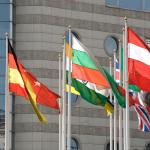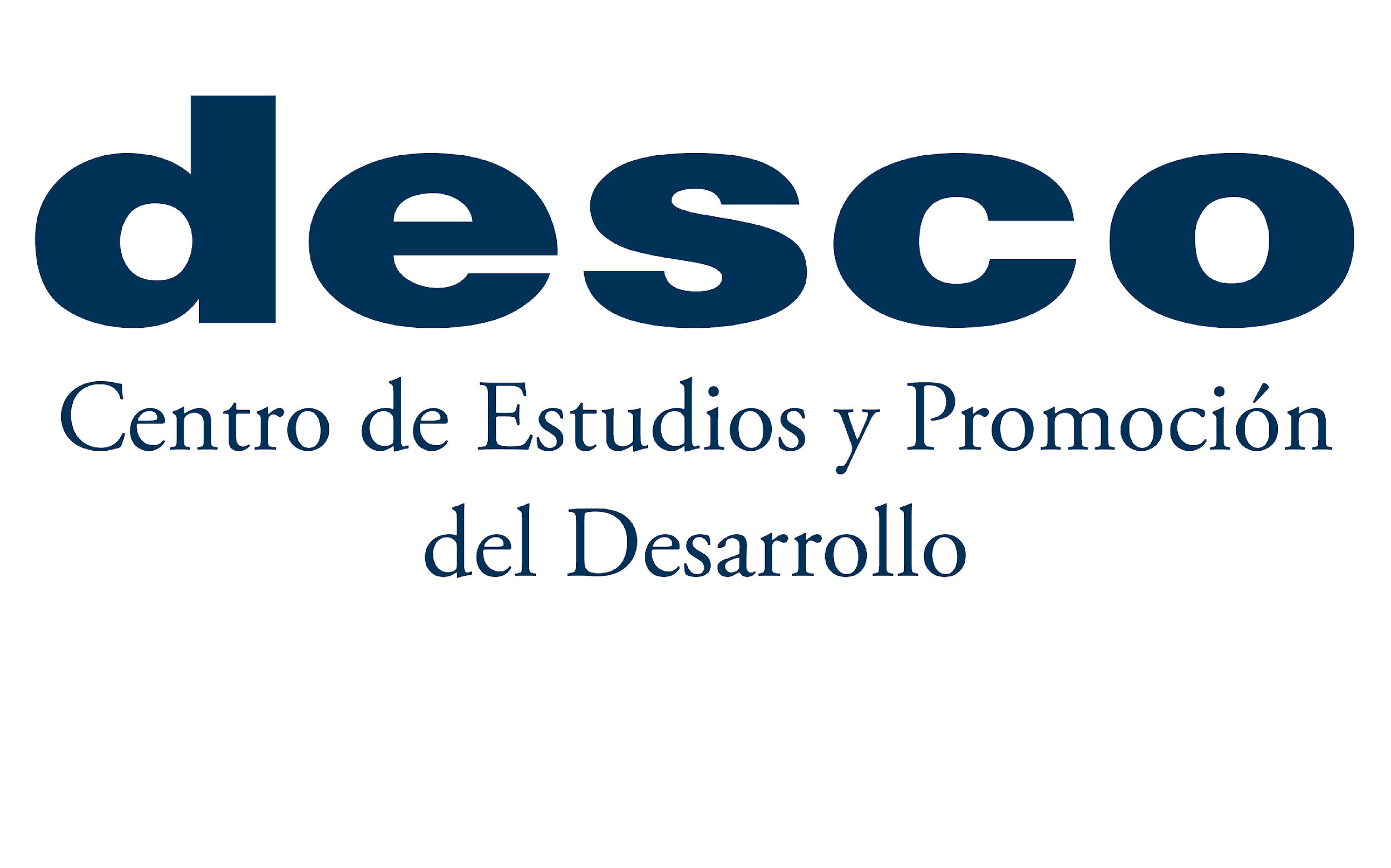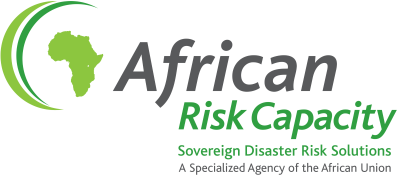The global system of international cooperation is facing an unprecedented crisis, with severe consequences for climate finance, humanitarian aid, and gender-responsive policies. The U.S. government’s decision to suspend USAID activities worldwide, withdraw funding from key UN agencies—including UNICEF, the World Health Organization, the UN World Food Programme, and the UN Human Rights Council—and freeze financial support to the United Nations Relief and Works Agency for Palestine Refugees (UNRWA) has drastically weakened the global aid structure.
At the same time, other major donors are significantly reducing their contributions. France has announced a 40% cut to its international aid budget, the European Union is set to decrease its support by 35% over the next three years, and Switzerland has scaled back its funding for UN agencies. Additionally, political shifts in Germany could lead to tighter migration policies, further influencing international aid allocations.
These funding reductions come at a time when vulnerable regions, particularly Africa and Latin America, are experiencing an increasing frequency and intensity of climate-related disasters. Africa, with its limited capacity for climate adaptation and resilience-building, has been particularly affected. According to the EM-DAT database, natural disasters in 29 African countries resulted in 17,507 deaths and affected 10 million people in 2023 alone. Munich Re, a leading global reinsurer, estimates that total economic losses from weather-related natural disasters in Africa reached $8 billion in the same year.
While climate disasters impact entire populations, they are not gender-neutral. Women and girls are disproportionately affected due to structural inequalities, resource constraints, and social norms that limit their access to critical information, disaster preparedness, and recovery efforts. The decline in international cooperation funding further exacerbates these vulnerabilities, making it even more challenging to build climate resilience among the most affected communities.
Speakers
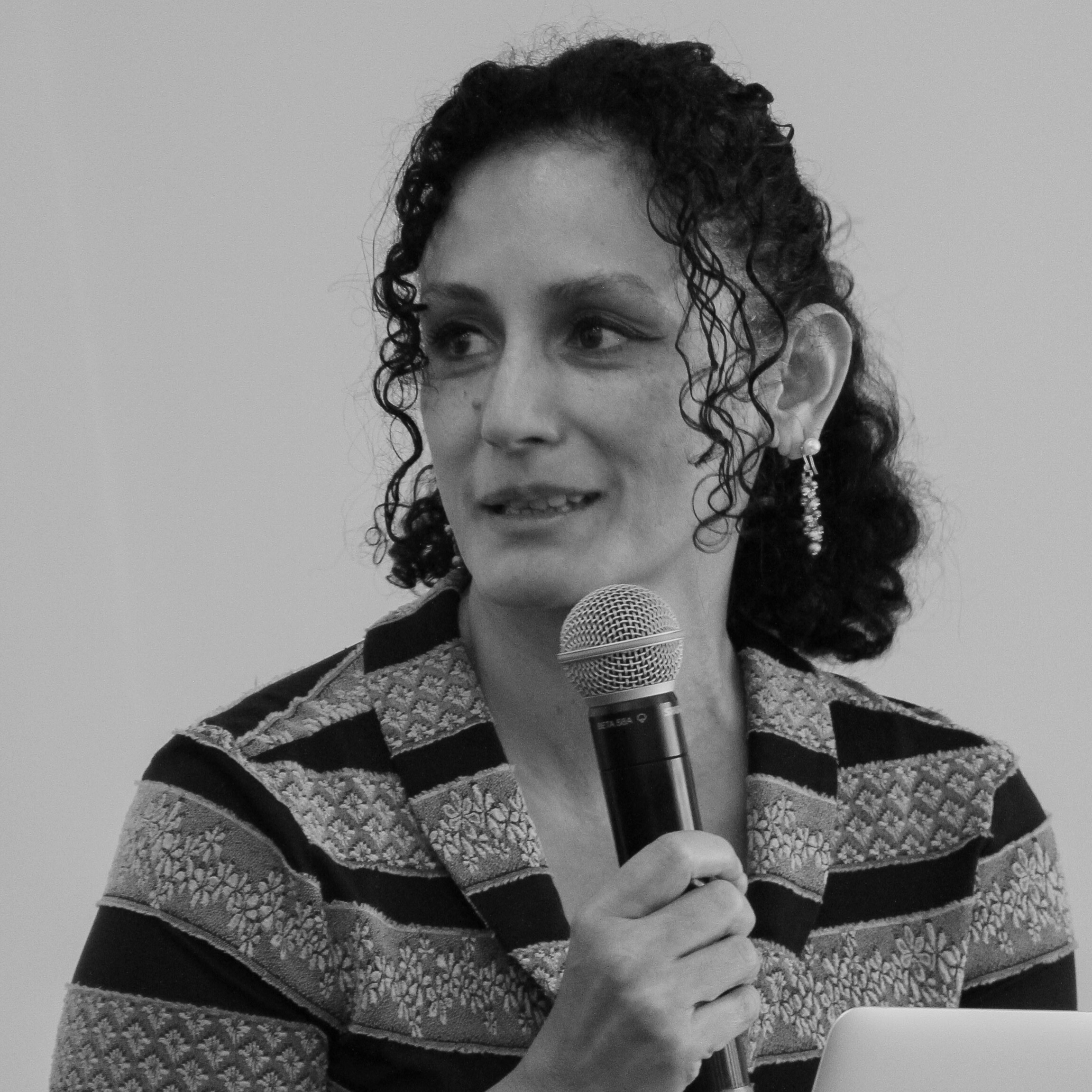
Susana Cruickshank
Sociologist, magister in International Development Cooperation, director of the Center for Studies in International Cooperation and Public Management, AC (CECIG).
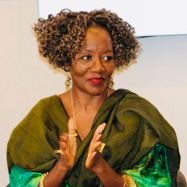
Eva Kavuma
Acting Group Director General / Chief Operating Officer African Risk Capacity
Organised by
Webinar organised in the framework of the Executive Certificate in Gender and Development for Latin America and Executive Certificate in Gender and Risk Management in Climate Change.
cONTACT
David Morales
Programme Manager
+41 (0)22 908 62 64
lac.formation-genre@graduateinstitute.ch




